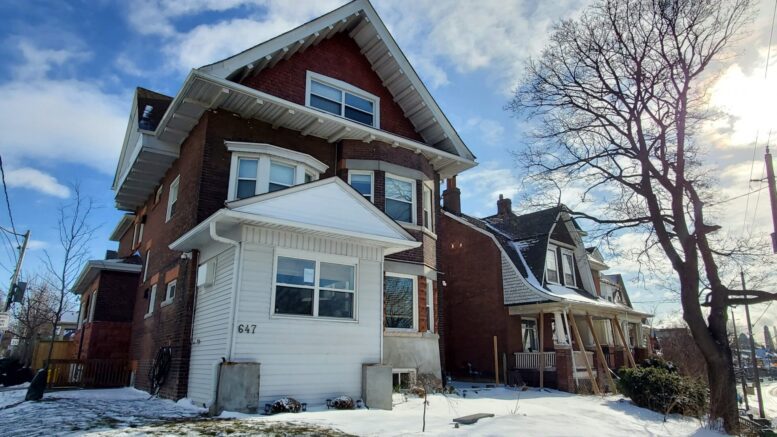Inflation may be an external stressor for those suffering with anxiety and depression, but it’s also a reality that east-end mental-health services are currently struggling with.
These organizations, resources, and support workers in East York and nearby neighbourhoods have been working overtime since the COVID-19 pandemic.
Alpha House is the only residential aftercare program for men in Ontario – located at 647 Broadview Avenue – operating as a not-for-profit organization since 1972.
Jordan Anderson has been the executive director of Alpha House for the last six years, and helps create a diverse treatment experience that helps vulnerable men and people find success and consistency in their life.
Anderson and his team are feeling the impacts of inflation through rising food costs as they continue to try and meet their ongoing needs.
“They [food costs] are way up, I think something like 12 per cent, probably more. Here, we go through piles of milk, which went from $4.80 to $6.20, which doesn’t seem like much, but when you have 20 adult men living in a residence, they consume a lot of stuff. A lot of meat, a lot of proteins, and dairy … all the expensive stuff.”
Inflation hurting program for men
Alpha House runs a post-treatment residential program specializing in getting clients their lives back through temporary housing, educational counselling, and 24-hour addictions support.
Their clients are self-identifying men, non-binary persons, and trans men.
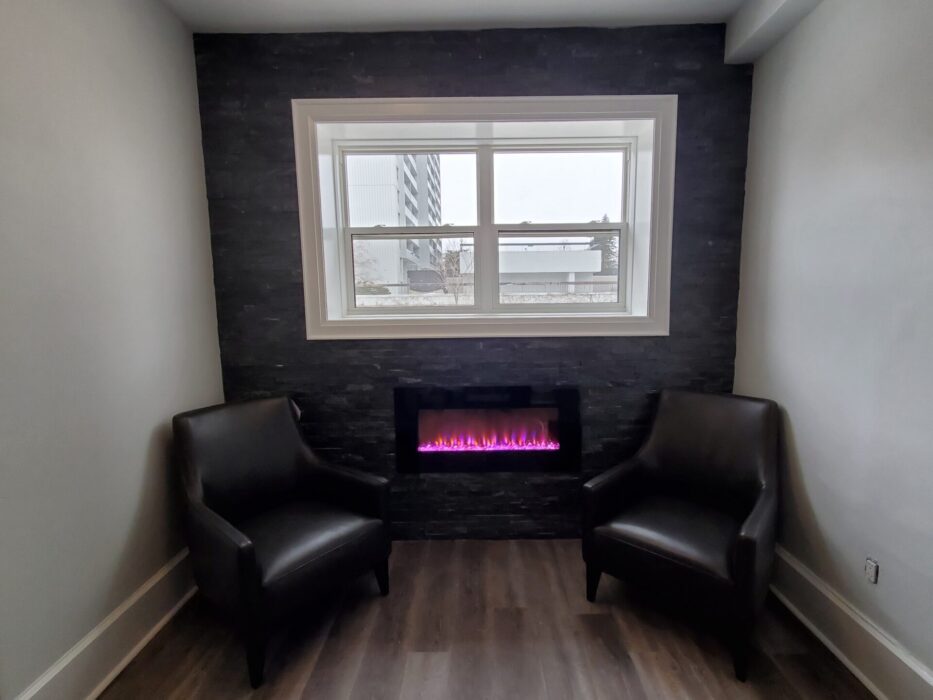


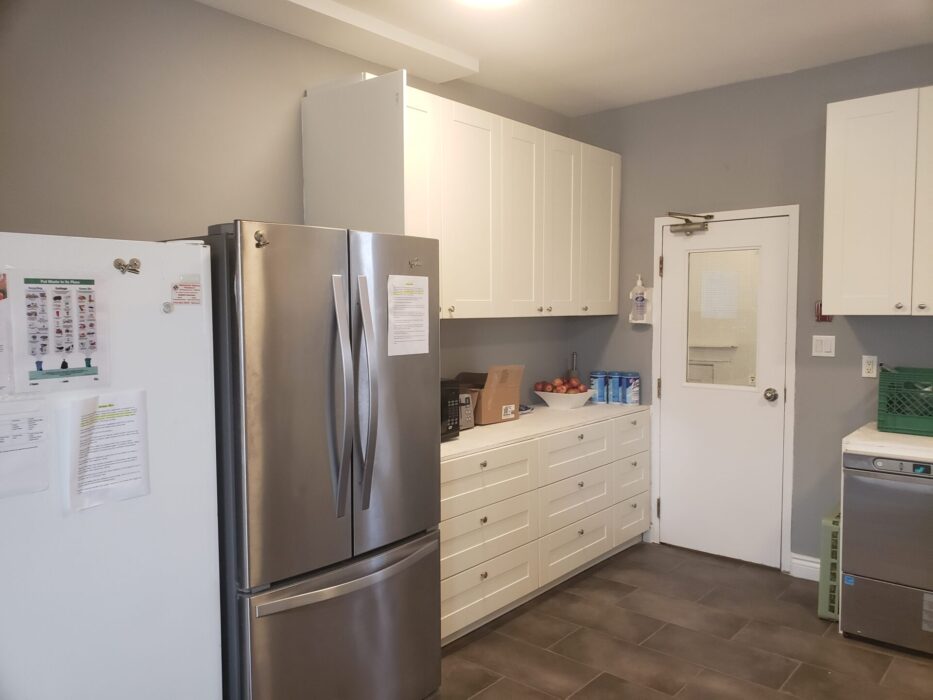

Setting Alpha House apart from other mental health and addictions facilities means providing a level of care that Anderson said helps fix areas of the health-care system to provide a better life for those in need.
“A client [may] graduate [in-patient addictions] treatment and either they have no fixed address, or they are not done their journey, because sometimes 28 days is not enough time to fix a systemic problem in [their] life,” Anderson said.
“They stay with us for four to six months usually, and during that time, they’re allowed back into the community, which is different than treatment,” he said. “They’re allowed to work, and they’re allowed to go to school, which we often encourage.”
“There’s this continuum of care that had this huge gap. Anybody who’s graduating treatment with no address can only go to a shelter. We changed our entire modality to meet that need, and transition people so they never end up homeless during that transition and they go through the full gambit of withdrawal management, residential care, residential aftercare, to long-term sustainable housing with a job and employment.”
The cost for care at Alpha House is $75 per day, which is paid for in full by the government at no cost for clients. This cost is considered low according to Anderson, “compared to shelter beds at $140, treatment at $230, or a hospital bed at $480.”


Factors like continual rising costs affect donations for organizations like Alpha House, which relies on limited government funding, and the support of the east-end community through donations to sustain its operations.
Alpha House is a registered charity, and according to Anderson, is feeling the pressure from lower donation trends.
“[Donations are] way down. Way down. People don’t have money,” Anderson said. “There’s a lot of great people who want to give, and that have historically, but people are scared, and they’re watching the market, and mortgage rates.
“It’s like how the body works, when the body gets cold, blood rushes back to the heart, and that’s what’s happening right now with people’s money [being] pulled back into their accounts in case it gets colder out.”
East-end clinic for girls and women
Toronto Psychotherapy Space is a therapy team that offers alternatives to traditional mental health therapy in Toronto’s east end. Its services also extend across Toronto and Ontario for needs beyond anxiety and depression.
While those two symptoms continue to lead the way in mental-health cases, other post-pandemic stressors like trauma and grief, disordered eating, self-esteem issues, and body image are among issues TPS helps address.
Sarah Hurley works closely with post-secondary students, couples, families, and children. She’s a registered psychotherapist, as well as a Certified Child Life Specialist (CCLS) and Child and Youth Counsellor (CYC), who founded TPS.
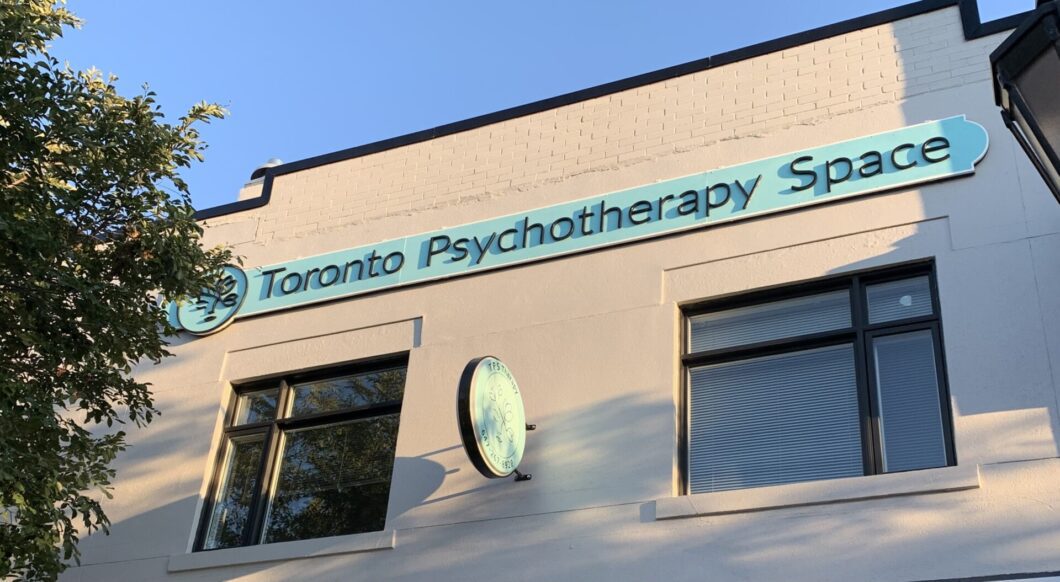
Specializing in working during her work with tweens, teens, and young adults who identify as female, Hurley realized that their need for accessible mental health was stronger than ever.
“Mid-way through the pandemic when I tried to find a therapist for a family member, I realized how difficult it was to access mental health services,” Hurley said. “There were so many waitlists and people needing support. This is when I built Toronto Psychotherapy Space.”
Ultimately, Hurley’s goal is to minimize waitlists, and make in-person and virtual appointments accessible within the Toronto community and throughout Ontario.
“I wanted to create a clinic environment that feels cozy, safe, and inviting, [where] each of our therapists are down-to-earth and relatable. We pride ourselves in fostering a judgment-free zone.”
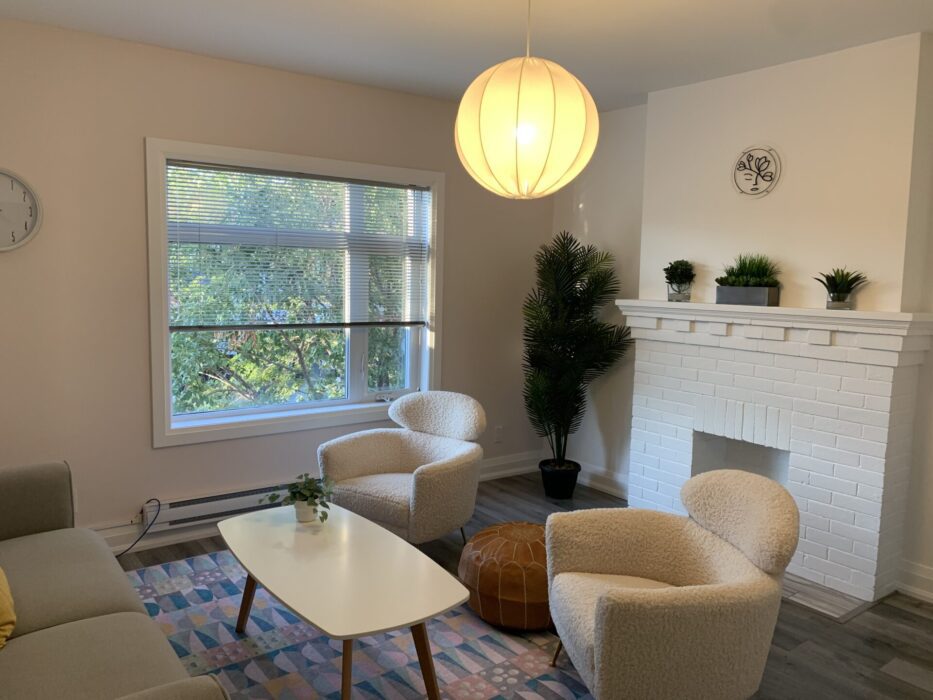
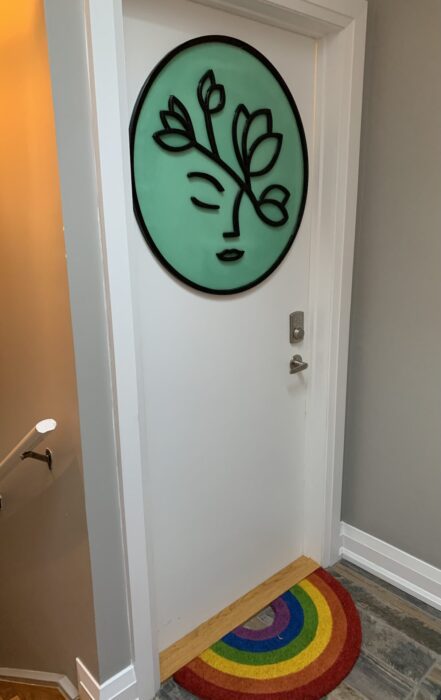
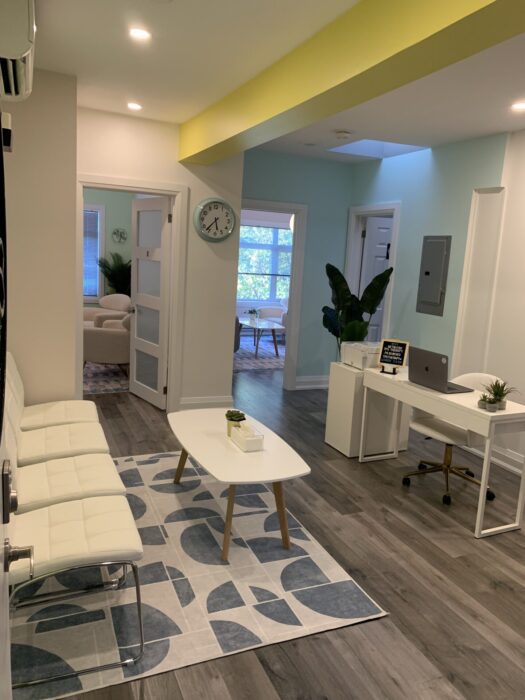
However, much like Alpha House, Hurley and her team at TPS Therapy have had to find different ways of helping their business, and their clients, fight inflation.
“As we know, the cost of living has increased, particularly in big cities. We recognize that at TPS Therapy, which is why we continue to offer our post-secondary students a sliding-scale rate,” Hurley said. “Many insurance agencies have drastically increased their budgets and what they’re able to offer to their clients for coverage for mental health services, which has fortunately allowed many people to be able to continue to access mental-health services, even while the costs of living continue to increase.”
Other alternatives
Other ways of assisting those needing care while combatting rising costs due to inflation is the increase and addition of virtual therapy being offered by clinics in Ontario.
Despite Ontario cutting funds for the online therapy program introduced by the province in spring 2020, online therapy methods are still being offered by TPS Therapy and other clinics within Ontario.
TPS also offers some non-talk therapy methods for their clients to get the best care they possibly can, and recently added a music therapist to her team.
“In addition to virtual therapy appointments, I absolutely [recommend] the idea of yoga and music therapy as alternative therapy methods,” Hurley said. “Yoga allows you to clear your head through mindfulness and deep breathing, while music and music therapy is a wonderful alternative method to traditional therapy.”
“Both are known to help reduce anxiety, the physical effects of stress, and also has been found to help improve self-expression and communication,” Hurley said.
East-end options
With six yoga studios located on or around Danforth avenue, interested participants can find a complete list of east-end studios by clicking here.
Full Circle Art Therapy Centre, located at 658 Danforth Avenue, offers numerous upcoming art-therapy workshops running 1.5 hours in length.
If you are feeling as though your mood and/or energy has taken a nosedive as of late, remember that you are not alone.
You can always talk to a mental health professional one-on-one by calling the Wellness Together Hotline at 1-866-585-0445 or by texting WELLNESS to 686868 for youth, or 741741 for adults.
Click here for more information on Canadian mental health support.

